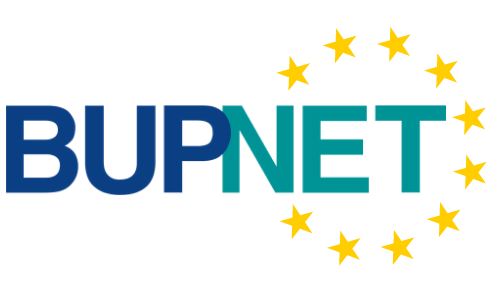 In most competence development processes action-oriented and productive methods are most effective on developing critical thinking. In our project the learners – young adults – will be encouraged to describe their own experience with ‘Fake News’ in the internet in small videos and other multimedia formats and place it on the gamified platform. After analysing their experiences, the young people themselves develop learning quizzes to test peers about their knowledge of fake news and how they can be detected.Quizzes are a great way to arouse curiosity and commitment. Quizzes and tests help students learn, because these tasks involve retrieving information, or remembering and visualizing previously learned information. This is demonstrated by cognitive psychology, which has identified a variety of benefits, especially in relation to formal education. But some of these benefits are also relevant and valid in informal learning.
In most competence development processes action-oriented and productive methods are most effective on developing critical thinking. In our project the learners – young adults – will be encouraged to describe their own experience with ‘Fake News’ in the internet in small videos and other multimedia formats and place it on the gamified platform. After analysing their experiences, the young people themselves develop learning quizzes to test peers about their knowledge of fake news and how they can be detected.Quizzes are a great way to arouse curiosity and commitment. Quizzes and tests help students learn, because these tasks involve retrieving information, or remembering and visualizing previously learned information. This is demonstrated by cognitive psychology, which has identified a variety of benefits, especially in relation to formal education. But some of these benefits are also relevant and valid in informal learning.
In addition to the positive benefits of quiz-based learning we will also use peer-to-peer learning – the young people will develop quizzes for their peers. This means that the learners will learn with and from each other.
Peer education typically involves using the members of a given group to effect change among other members of the same group. Peer education is often used to effect change at the individual level by attempting to modify a person’s knowledge, attitudes, beliefs, or behaviours. However, peer education may also effect change at the group or societal level, by modifying norms and stimulating collective action that leads to changes in programmes and policies. (C.f. https://www.unodc.org/pdf/youthnet/action/message/escap_peers_01.pdf) This reflects exactly the philosophy of No Alternative Facts.
